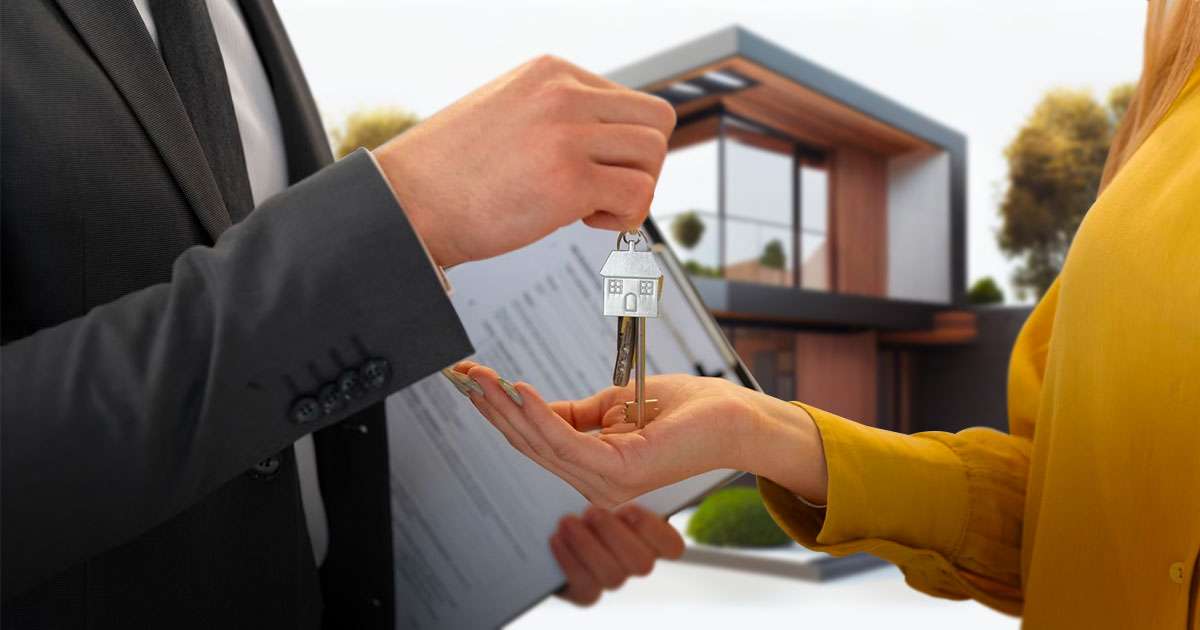Is It Possible To Sell My House After Buying It? Is It A Good Idea?

Buying a home is a big deal. It shows you’ve worked hard and spent a lot of money. But sometimes, life throws us curveballs, and things change unexpectedly. What happens if you’ve recently bought a house but are thinking about selling it already? Can you even do that? Is it a good idea? In this article, we’ll talk about these questions and look at what you need to know if you’re thinking about selling a house you just bought.
Why Sell Your House?
First and foremost, it’s essential to understand why you might consider selling your house shortly after acquiring it. While buying a house is typically viewed as a long-term commitment, unforeseen situations can arise that prompt homeowners to reevaluate their decision. Here are some common scenarios that may lead to selling your newly purchased home:
- Unsatisfactory Property – Sometimes, the dream home you envision turns out to be less than perfect. Structural issues, safety concerns, or undisclosed problems can quickly turn your new property into a financial burden. In such cases, selling early might be a way to avoid further expenses and headaches.
- Family Changes – Life events like the arrival of a new baby, children leaving the nest, or a family member’s passing can necessitate reevaluating your housing situation. Where you live now might not suit your family’s needs anymore.
- Job Changes – A new job opportunity, whether it involves a significant relocation or an extended commute, can significantly impact your housing choices. Selling your house early might enable you to move closer to your workplace and improve your quality of life.
- Location Preferences – Your housing preferences may evolve. You might decide that city living no longer suits you and your family, opting for the tranquility of the countryside instead. Quality of life considerations can drive a desire to sell and relocate.
- Real Estate Market – Unforeseen changes in the real estate market, whether they favor sellers or buyers, can influence your decision to sell sooner than originally planned. Market conditions and local economic factors may come into play.
- Real Estate Investment – Not all who buy property intend to live in it. Some purchase a home to “flip” it after doing some renovations. If you’ve purchased a fixer-upper or have seen significant market appreciation, selling early might prove financially rewarding.
- Personal Situations – Unexpected life events, such as financial difficulties, emergencies, relocations, injuries, or disabilities, can force you to consider a quick sale to address immediate needs.
How Soon Can I Sell My House After Buying It?
Deciding on whether to sell your house or not just after buying will depend on different factors and scenarios. While there are no strict rules dictating how soon you can sell, it’s essential to be aware of potential implications.
From a financial perspective, selling a house shortly after buying it can be challenging. If you sell your home before you’ve owned it for a year, you might not recoup all the costs associated with buying and owning a property. Consider the following factors:
- Closing Costs – The expenses related to selling a house, such as agent commissions, legal fees, and transfer taxes, can significantly reduce your profit. On average, these costs can range from 8% to 10% of the total sale price.
- Capital Gains Taxes – Selling early could have major tax implications. Normally, homeowners who live in their house for at least two years and use it as their primary residence can exempt up to $250,000 in profits for individuals and $500,000 for couples from capital gains taxes. Take note that selling your house in less than two years after purchase may subject you to capital gains tax on the profits.
- Moving Expenses – Don’t forget about the costs associated with moving, including hiring professional movers. These expenses can further impact your finances.
Given these financial considerations, it’s generally thought that selling a house shortly after purchase may negate the financial benefits of homeownership. Therefore, it’s crucial to weigh the potential losses against your reasons for selling early.
What are the Downsides of Doing This?

Selling a house shortly after purchase comes with several downsides and challenges:
- Stress and Time – The process of selling and moving is often considered one of life’s most stressful endeavors. It involves dealing with various tasks, such as listing your property, arranging viewings, handling legal matters, finding a new home, packing, and coordinating the move.
- Impact on Children – Frequent moves can be particularly challenging for children. Moving schools and neighborhoods multiple times within a year can disrupt their stability and social connections.
- Disrupted Routine – Consistently buying and selling properties can prevent you from settling down, making it challenging to establish roots and develop a routine.
- Closing Costs – Remember also that expenses you might incur that’s associated with selling can negate any profits. Agent commissions, legal fees, and other closing costs can eat into your earnings.
- Tax Implications – Selling early may subject you to capital gains taxes on your profits, which can further reduce your financial gain. Talk to an accountant or lawyer who specializes in taxes to help you understand the implications.
Is It A Good Idea to Sell Early?
Whether selling your house early is a good idea depends on your unique circumstances and priorities. While there are valid reasons to sell shortly after purchase, such as property issues or significant life changes, it’s essential to consider the potential downsides and financial implications.
Ultimately, selling early should align with your short-term and long-term goals. Be sure to explore alternative options and strategies to minimize financial losses and make an informed decision.
What Can I Do Instead?
If you’re concerned about the financial implications of selling your house shortly after purchase, you may consider alternative options:
- Wait Longer – Delaying the sale for at least two years can help you avoid capital gains taxes and potentially increase your equity in the property.
- Rent It Out -Instead of selling, you might choose to rent out your current home to cover mortgage payments while you rent or purchase another property. It’s also a great way to possibly get more for your property.
Bottom Line
Deciding to sell a house you just bought is a big decision that needs careful thought. Think about both the good and bad sides of it. Money stuff, like closing costs, taxes, and moving costs, can really affect what you decide. Talk to experts like real estate agents and tax advisors to get advice that fits your situation. In the end, the choice to sell early should match up with what’s going on in your life and what you want to achieve.

